 Tell the time
Tell the time
Lesson thirty-two


Lesson thirty-one
This page will help you learn essential vocabulary related to the months of the year and the seasons in Italian. Understanding these words is not only important for everyday conversations, but it also helps you talk about dates, holidays, weather, and plans. You can click on each word to hear the audio and learn the correct pronunciation.
Below is a list of all twelve months in Italian along with their English equivalents. Notice that the pronunciation often differs from English, so listening to audio can be very helpful.
| Italian | English |
|---|---|
| Gennaio | January |
| Febbraio | February |
| Marzo | March |
| Aprile | April |
| Maggio | May |
| Giugno | June |
| Luglio | July |
| Agosto | August |
| Settembre | September |
| Ottobre | October |
| Novembre | November |
| Dicembre | December |
Example sentences:
Gennaio è il primo mese dell'anno:
January is the first month of the year.
Febbraio ha ventotto giorni:
February has twenty-eight days.
Aprile è in primavera:
April is in spring.
Unlike in English, months in Italian are generally written in lowercase. The only exception is when a month appears at the beginning of a sentence, in which case the first letter is capitalized.
In English, we typically use the preposition in when referring to a month. In Italian, the preposition a is used instead:
A gennaio
In January
A febbraio
In February
A marzo
In March
Il mio compleanno è a gennaio:
My birthday is in January.
A luglio andrò in vacanza:
I'm going on vacation in July.
La scuola inizia a settembre:
School starts in September.
To say next month in Italian, use il mese prossimo:
Il mese prossimo andrò al mare:
Next month, I will go to the seaside.
Il mese prossimo mia sorella si sposa:
Next month, my sister is getting married.
Devo finire il progetto entro il mese prossimo:
I have to finish the project by next month.
To say last month, use il mese scorso:
Mi sono trasferita qui il mese scorso:
I moved here last month.
Ho comprato questo telefono il mese scorso:
I bought this phone last month.
Il mese scorso sono stata a Torino:
Last month, I went to Turin.
Un mese fa means one month ago, and is very commonly used in conversations:
Ho conosciuto Mario un mese fa:
I met Mario a month ago.
Ho iniziato a studiare italiano un mese fa:
I started studying Italian a month ago.
To say in a month, use tra:
Tra un mese: In a month
Natale è tra due mesi:
Christmas is in two months.
Tra due mesi mi sposo:
In two months, I am getting married.
Italian has four seasons, just like English. Each season has a distinct name and associated vocabulary:
L'estate
Summer
La primavera
Spring
L'autunno
Autumn / Fall
L'inverno
Winter
Example sentences:
L'estate è la mia stagione preferita:
Summer is my favorite season.
To talk about the seasons, the Italian preposition in is used, similar to English:
In estate
In summer
In inverno
In winter
In primavera
In spring
In autunno
In autumn
In estate fa caldo:
In summer, it's hot.
In inverno nevica:
In winter, it snows.
In primavera ci sono molti fiori:
In spring, there are many flowers.
In autunno fa freddo:
In autumn, it's cold.
To say this season, use questo or questa depending on the gender of the season. In Italian, estate, autunno, and inverno are masculine, so use questo. Primavera is feminine, so use questa.
Quest'estate
This summer
Quest'inverno
This winter
Questa primavera
This spring
Questo autunno
This autumn
You can use scorso (last) and prossimo (next) either before or after the season name:
La scorsa estate
Last summer
L'estate scorsa
The last summer
L'estate prossima
Next summer
La scorsa estate sono andata in montagna:
Last summer, I went to the mountains.
L'estate prossima vado al mare:
Next summer, I am going to the sea.
Italian also has adjectives derived from the seasons, which are used to describe things associated with that season:
Invernale
Winter-related / Winter adjective
Estivo
Summer-related / Summer adjective
Primaverile
Spring-related / Spring adjective
Autunnale
Autumn-related / Autumn adjective
Voglio passare le vacanze estive con la mia famiglia:
I want to spend the summer holidays with my family.
Mi piacciono gli sport invernali:
I like winter sports.
Oggi è una bella giornata primaverile:
Today is a beautiful spring day.
Learning the months and seasons in Italian is essential for talking about dates, holidays, weather, and personal plans. Remember these key points:
With practice and exposure, using months and seasons in Italian will become natural, helping you communicate clearly about time, plans, and seasonal activities.
 Tell the time
Tell the time
Lesson thirty-two
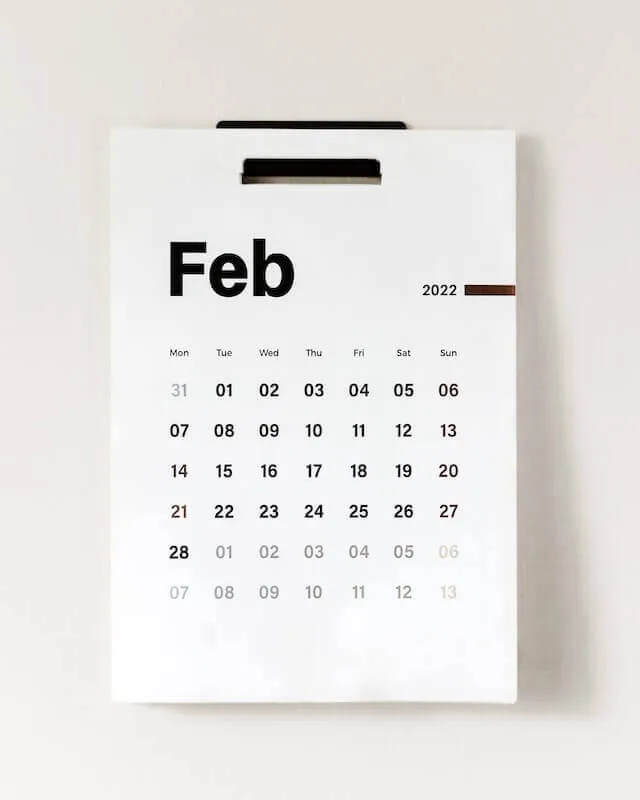 Dates
Dates
Lesson thirty-three
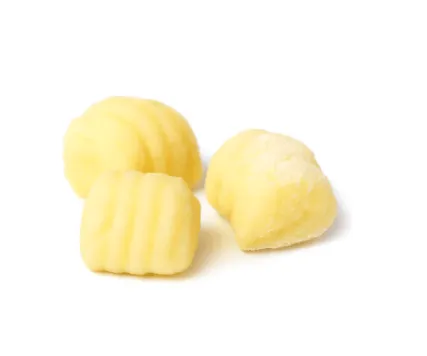 Conjunctions
Conjunctions
Lesson thirty-four
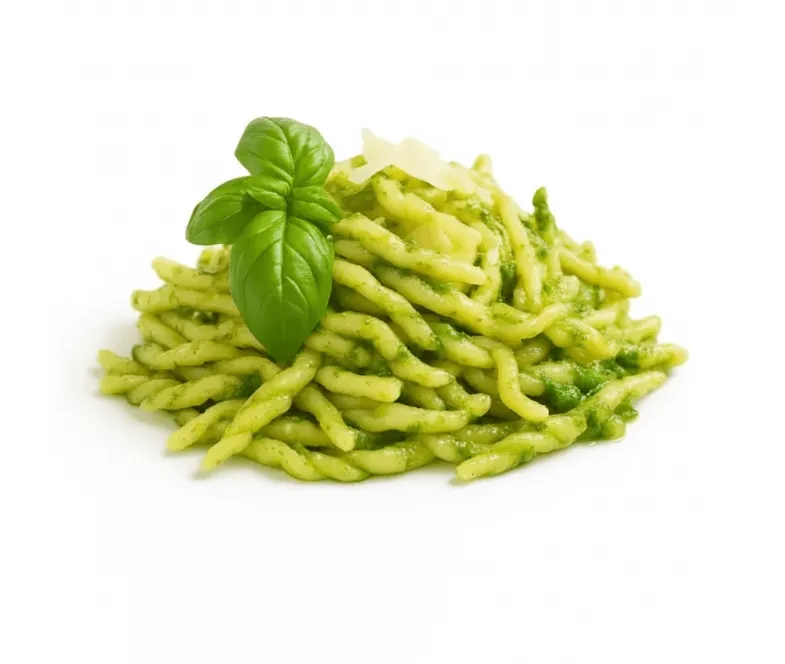 Adverbs
Adverbs
Lesson thirty-five
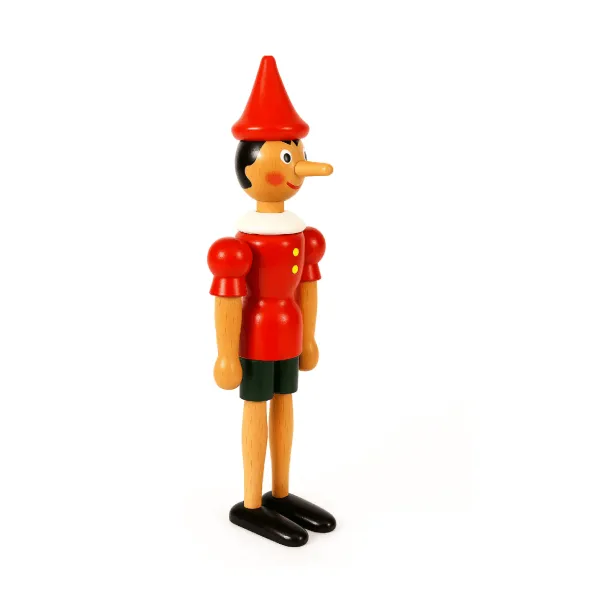 Future tense
Future tense
Lesson thirty-six
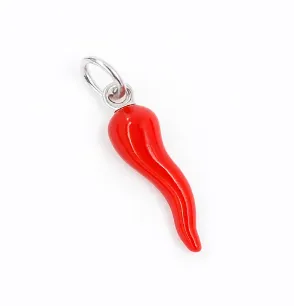 Imperative
Imperative
Lesson thirty-seven